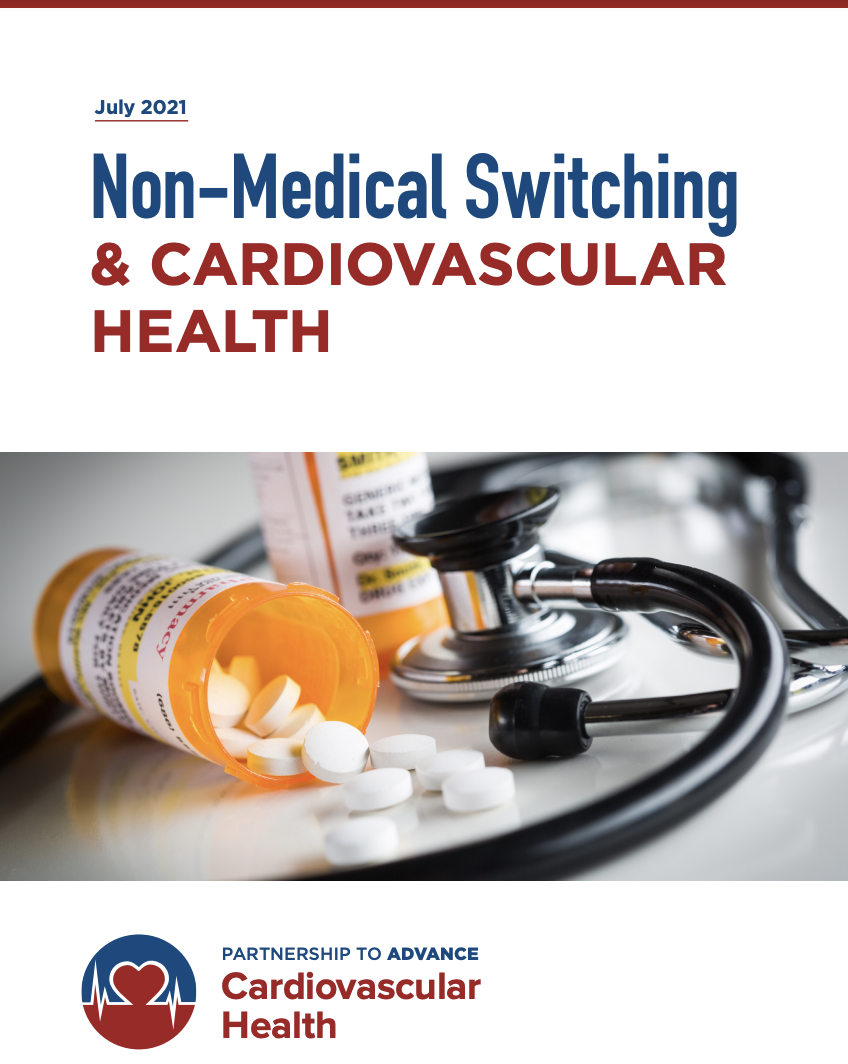In a big win for heart patients, national guidelines to treat hypertrophic cardiomyopathy now include the first-of-its-kind medication – cardiac myosin inhibitors – as a first-line treatment.
A “MINI” Act Could Be Big for Patients
Game-changing medical technology is on the line.
Based on Nobel-prize winning science, genetically targeted technologies take on the proteins that cause disease. The medications are administered once or twice a year to treat rare and debilitating diseases, from Duchenne muscular dystrophy to high cholesterol.
Heart Health Barriers in 6 Quotes
Calling Out a “Silent Killer”
Racial Disparities Still Haunt Progress Against CVD
Cardiovascular disease stubbornly holds its place as the number one cause of death in America. But don’t be misled into thinking heart disease presents an equitable burden. It has a disproportionately high impact on Black Americans, striking them more often and more seriously, on average, than their white counterparts.
Out-of-Pocket Costs a Barrier to CVD Patients’ Treatment
New Medication Offers New Hope for Heart Patients
CVS Caremark “Switch” Puts Heart Patients at Risk
The Cost of Switching Heart Patients’ Medication
Obesity Threatens to Roll Back Progress Against Cancer
America faces a good news-bad news situation, according to the newly published annual report from the American Cancer Society.
California Insurer Rethinks Restrictions on Cholesterol Medication
Getting to the Root of Obesity
Why Medical Innovation is Slow to Reach Patients
For Some, Step Therapy Is a Matter of Death or Life
By Dan LoDolce
I had been experiencing chest pain for a while. It was robbing me of joy – and it was often embarrassing. I’d begun to dread going to the Dodgers’ games with my friends because there were so many stairs. Once, during a work trip to San Francisco, I couldn’t keep pace with my boss and other colleagues as we walked around the hilly city.
One Step Forward, Two Steps Back for Heart Patients
A money-back deal for cholesterol-lowering PCSK9 inhibitors doesn’t cut costs enough, claims a new analysis from a University of Pittsburgh researcher. The drug’s manufacturer says the numbers used to calculate her cost figures don’t reflect reality. But the voice that’s missing from this public debate is the one that arguably has the most to lose – patients, who already struggle to access breakthrough cardiovascular therapies.
Access to PCSK9 Inhibitors
Approved by the FDA to treat patients with genetic high cholesterol and those who have already experienced a cardiac event, PCSK9 inhibitors can lower stubborn “bad” cholesterol for patients who’ve found few results with existing treatments. But the drugs’ price point has led health plans to establish extensive prior authorization processes to limit costs. A national IfPA health plan report card found that 43 percent of patients are denied access to the PCSK9 inhibitor their doctor prescribes.
Read more at Institute for Patient Access.
ICER Report Could Intensify Barriers for Heart Patients
Accessing innovative cardiovascular drugs may soon get harder.
A new publication from the Institute for Clinical and Economic Review, a drug price analysis group, assigns a C+ effectiveness grade to cholesterol-lowering drugs known as PCSK9 inhibitors. The lukewarm valuation sets the stage for increased health plan barriers, despite the drugs’ effectiveness in reducing heart attack and stroke risk.
PCSK9 inhibitors work by preventing the PCSK9 protein from destroying a receptor on the liver that clears bad cholesterol. The receptor “lives” longer, clearing more LDL cholesterol for the patient. For some patients who don’t sufficiently respond to traditional statin therapy, the drugs have offered unprecedented improvement.
Read more at Institute for Patient Access.














